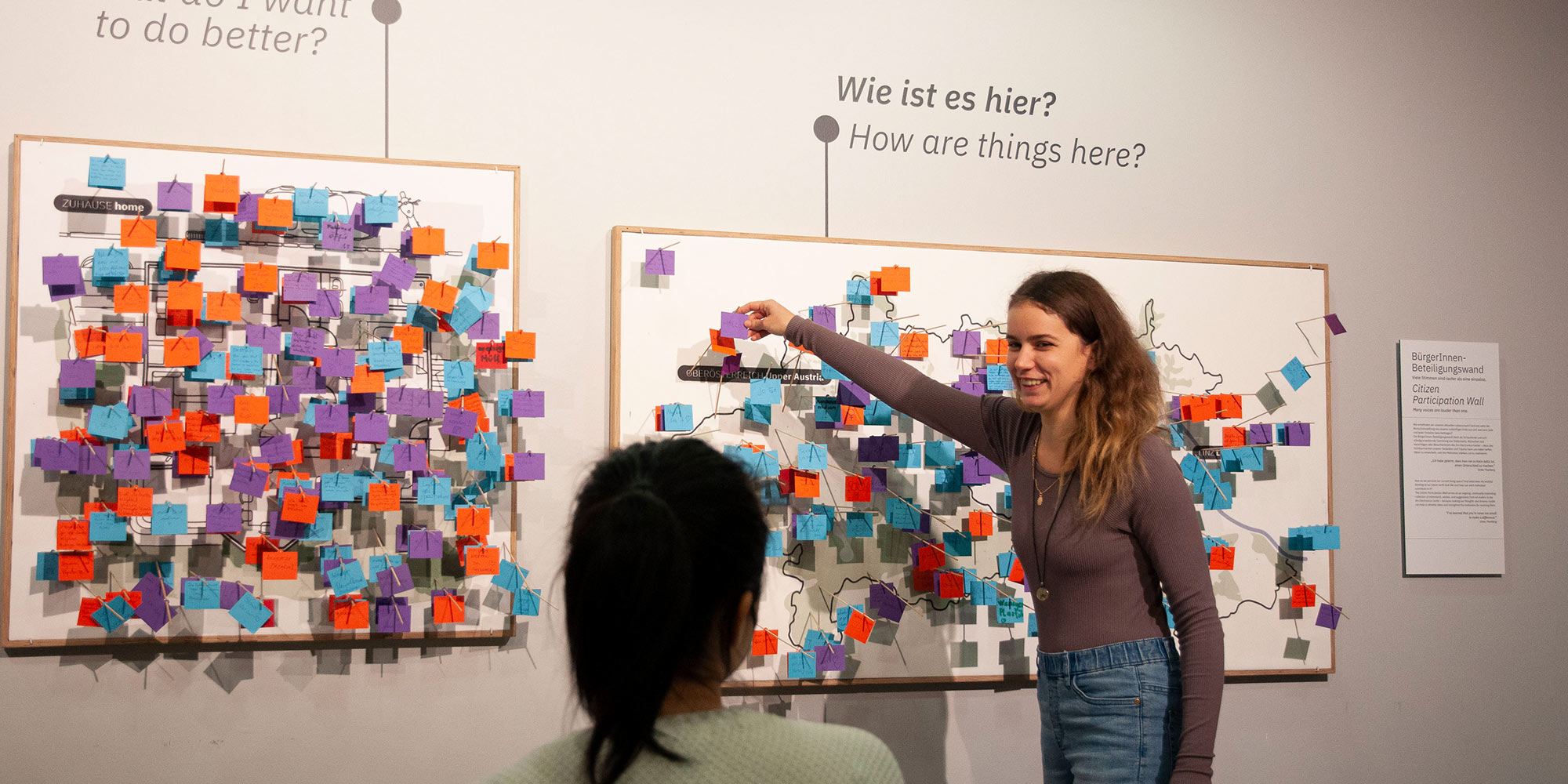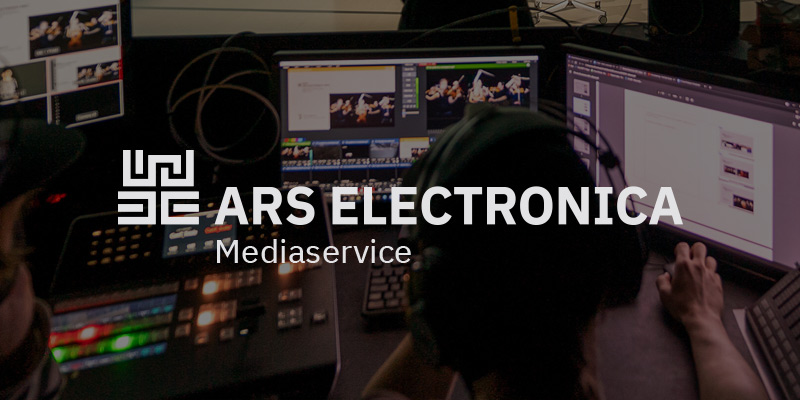Press text as PDF
Citizen Science Days at the Ars Electronica Center
Ars Electronica Blog: Knowing more together
European Union Citizen Science Prize
(Linz, Feb. 16, 2023) They measure, photograph, document and make this data accessible, they collaborate with like-minded non-scientists and scientists. They are “Citizen Scientists” and play an increasingly important role in creating and verifying knowledge. At the same time, they are becoming a driving force for social participation, contributing to a vibrant democracy. On three Citizen Science Days, visitors will have the opportunity to immerse themselves in the world of Citizen Science.
The most important at a glance
- What is Citizen Science?
- The 8th Austrian Citizen Science Conference 2023
- The Citizen Science Days at the Ars Electronica Center
What is Citizen Science?
Citizen Science is becoming increasingly important. The term describes the participation of non-scientists in scientific issues. Citizen scientists report observations, document by means of photography, measure environmental parameters, or evaluate data with scientific support. The generation and verification of knowledge by laypersons creates social participation and is an essential basis for a democratic future.
Austrian Citizen Science Conference
Under the motto “ver.suchen – ver.einen – ver.antworten,” (try – unite – take responsibility) the 8th Austrian Citizen Science Conference 2023 will be held at Johannes Kepler University Linz from April 19-21, 2023. In addition to the Österreich forscht network and the Ludwig Boltzmann Gesellschaft, Ars Electronica is another cooperation partner, which has been committed to consistently opening up knowledge spaces ever since it was founded. This is one of the reasons why the European Union entrusted Ars Electronica with the implementation of the new Citizen Science Prize worth 100,000 euros.
Experience the diversity of Citizen Science
On three Citizen Science Days leading up to the Citizen Science Conference, the Ars Electronica Center offers exciting workshops, lectures and guided tours for young and old alike – and thus insights into the variety of ways in which citizens can contribute to scientific research.
This and much more awaits visitors: In the “Toolbox for Civil Investigation,” for example, methods and apps are presented for tracking down environmental crimes. In “Klatsch Abklatsch,” children learn about the microbes on their hair or fingers, and in “Ich bin ich,” what turns people into (biological) individuals. In Deep Space 8K, amateur astronomers can take an interactive flight in 3-D through our known universe or learn how to track variable stars by computer. In addition, in “Citizen Journalism,” Uwe Sailer, the well-known data forensics expert and operator of an investigative online platform, talks about his research work on politically extreme networks.
IMPORTANT INFORMATION
The Citizen Science Days will take place on the following days:
- Citizen Science Day I: Saturday, February 18, 2023
- Citizen Science Day II: Saturday, March 18, 2023
- Citizen Science Day II: Saturday, April 15, 2023
Always from 10 AM to 5 PM
Admission for the workshops, lectures and guided tours: a valid museum ticket
More information: https://ars.electronica.art/center/en/citizen-science-days/
Citizen Science Prize blog post: https://ars.electronica.art/aeblog/en/2023/01/26/knowing-more-together/
Photo:
CitizenLab at the Ars Electronica Center, Photo: Ars Electronica / Magdalena Sick-Leitner / Printversion
Photo:
Uniview at Deep Space 8K / Zeiss, Photo: Ars Electronica / Robert Bauernhansl / Printversion


